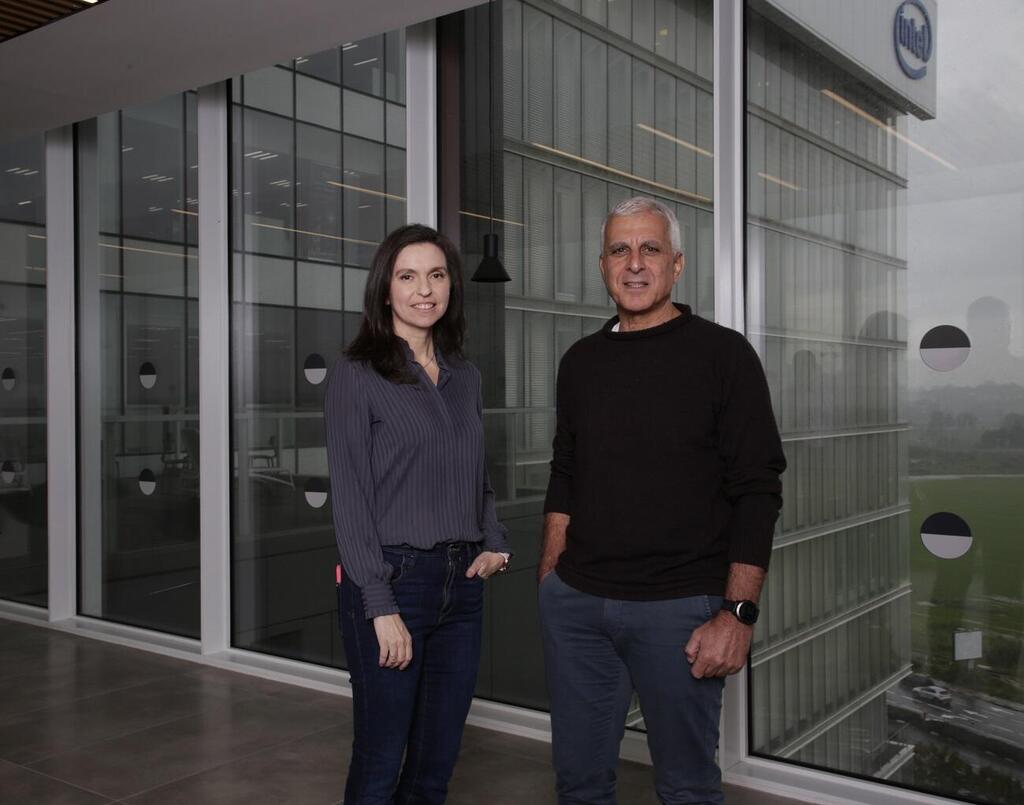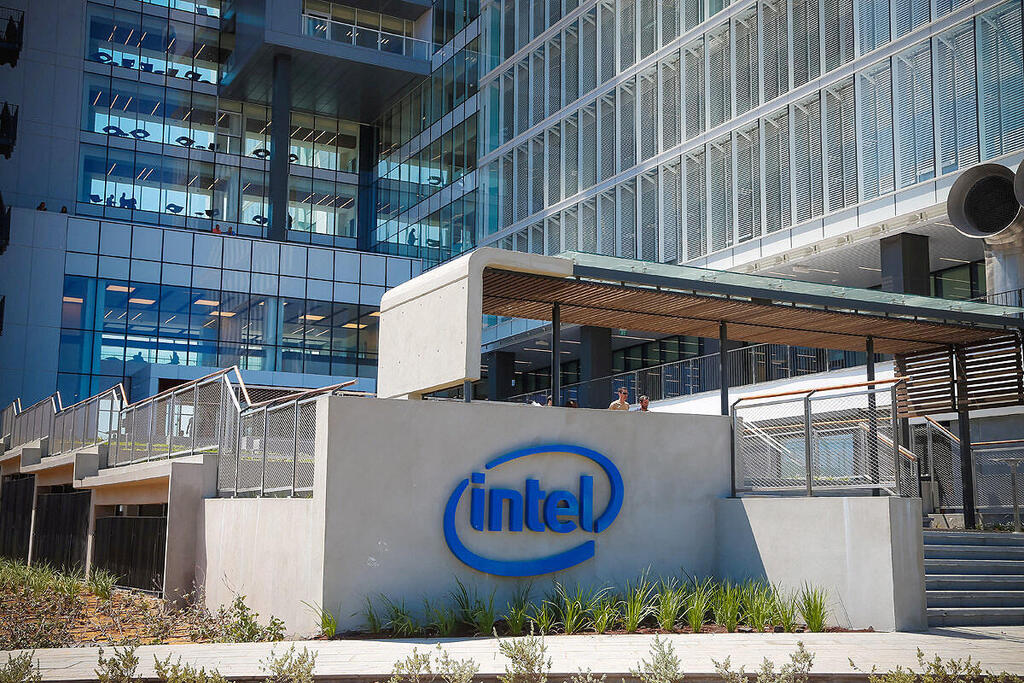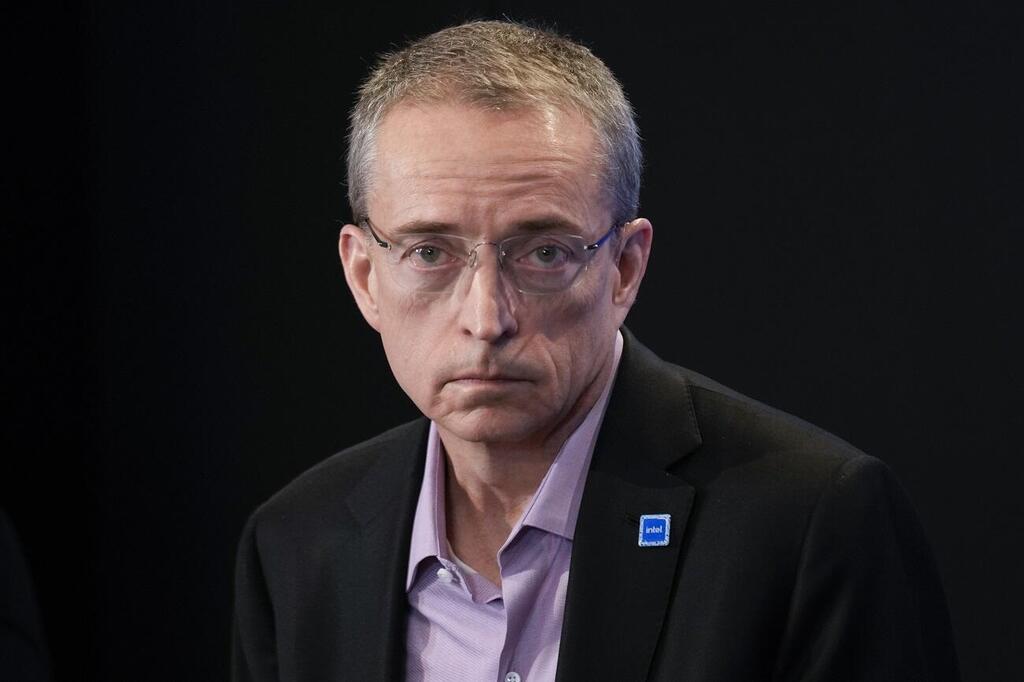Intel Israel is kicking off a round of notifications this week, alerting hundreds of employees about impending layoffs. This is part of a worldwide downsizing spree impacting over 2,000 globally. Add to that the several hundred who have already taken the voluntary retirement package, which comes with a hefty compensation of 19 months' salary – potentially a cool million shekels or more for some.
With around 11,000 Intel employees in Israel, if the layoff rate matches the global 15%, we're talking about over 1,600 jobs. However, it's expected that fewer will be cut in Israel, since these roles are crucial for the company, unlike customer service and sales gigs. Plus, hiring for certain projects is still ongoing.
Meetings are being set up with those on the chopping block, following a letter outlining the company's intention to end their employment. This isn't a formal hearing yet, but rather a chance for each employee to choose between leaving with an agreement under the compensation terms or having a hearing to plead their case to stay.
These layoffs are about efficiency, not cutting into the core workforce: The company will continue most of its activities in Israel, including the new chip-making plant (Fab 38) in Kiryat Gat, which will keep all its staff and might even hire new employees. Intel isn't backing down from its $25 billion investment in the plant, partly due to the Israeli government's approval of a $3.2 billion grant for the project. Intel is pressing on with building the plant, equipping it with cutting-edge tech.
BYOC - Bring your own coffee
The vibe at the company is definitely on the down-low at the moment, with massive uncertainty about who will be laid off and which projects will get the axe. But Intel employees are no strangers to this type of scenario. In recent years, there have been several rounds of layoffs or cuts to perks, and it's happening all over again. Most of those laid off won't be crying: these are development pros, some with tons of experience, making them hot commodities for many American rivals like Amazon, Apple, Google and other companies with chip development centers in Israel.
As part of the cutbacks, Intel also announced cuts to office perks. This includes canceling the free coffee and tea, along with the distribution of fruit in the company’s kitchenettes. Instead of the prime free coffee, employees will have to pay for coffee from vending machines, and instant coffee or tea in the kitchenette will also come at a cost. Additionally, the company scrapped car perks for employees, which included leased cars that were practically part of the salary, and also stopped subsidizing employees' private phones.
It's a bit odd that a company raking in billions is cutting back on coffee, but some see it as a symbolic move signaling to everyone what state the company is in: Intel needs to get back on its feet, and to do that, it needs to be lean and mean. The tech industry is known for the cushy perks companies lavish on their employees. Intel is not playing that game, at least not right now.
3 View gallery


Daniel Ben-Atar and Karin Eibschitz-Segal, heads of Intel Israel
(Photo: Ryan Preuss)
In August, Intel Global announced it would lay off about 15,000 employees out of the roughly 100,000 it employs. The process is crawling along, and most of the targeted employees haven't left the company yet. Meanwhile, its financial condition remains dire, having lost about half its value since the start of the year. Intel’s CEO, Pat Gelsinger, took the wheel in 2021 with a clear mission to streamline the company and create new revenue streams to nurse it back to health.
The goal announced two years ago was to slash costs by $10 billion by 2026. However, the initial efforts flopped, and the fear of brain drain led the company to cancel the imposed cuts, with investors having to swallow a dividend cut. Intel remained inefficient, and now comes the stage of painful layoffs.
More than three years into his role, it's clear Gelsinger hasn't delivered the goods. The company, with its glorious past, faces a grim future, and even the CEO’s chair is wobbling. It's unclear how much longer investors will give him.
Continues to roll out disappointing reports
This coming Thursday, Intel's quarterly results are expected to drop, potentially shedding light on what's to come in the months ahead. In previous reports, covering the second quarter of 2024, the company reported a revenue dip with low profit margins, an uncompetitive cost structure, and high R&D expenses, while expressing optimism about the recovery efforts' success.
Following the quarterly results on Thursday, Gelsinger is expected to present the renewal process the company is undergoing, which currently focuses on efficiency and cost reduction. In the first phase of the "IDM 2.0 Strategy," Intel zeroed in on renewing its chip manufacturing capabilities and setting up a profit center providing services to other companies (whose names, much to Gelsinger’s frustration, have not been disclosed). Intel claims there's a rise in potential revenue in this field, with a total deal backlog of $15 billion by the end of the decade.
Nevertheless, it's been losing for several consecutive quarters, explaining this partly by the need to pour significant sums into the rapid advancement of technology, dubbed "five generations in four years" by the company. Intel's main snag is missing the AI chip wave that sent NVIDIA skyrocketing. Intel is struggling to make a significant mark in the data center and supercomputer chip market, and this doesn't seem likely to change soon, despite the slew of new products it's investing in this area. This is why Intel intends to focus efforts and investment on its product group and to bet on chips for personal laptops and desktops, a market where it reigns.
Intel responded: "As part of the extensive cost-cutting program we announced in August, we are forced to make difficult but necessary decisions to reduce our workforce. These are the toughest decisions we make, and we treat employees with sensitivity and respect. These changes support our strategy to become a leaner, simpler, and more flexible company, aiming to position Intel for sustainable long-term growth."
Get the Ynetnews app on your smartphone:



